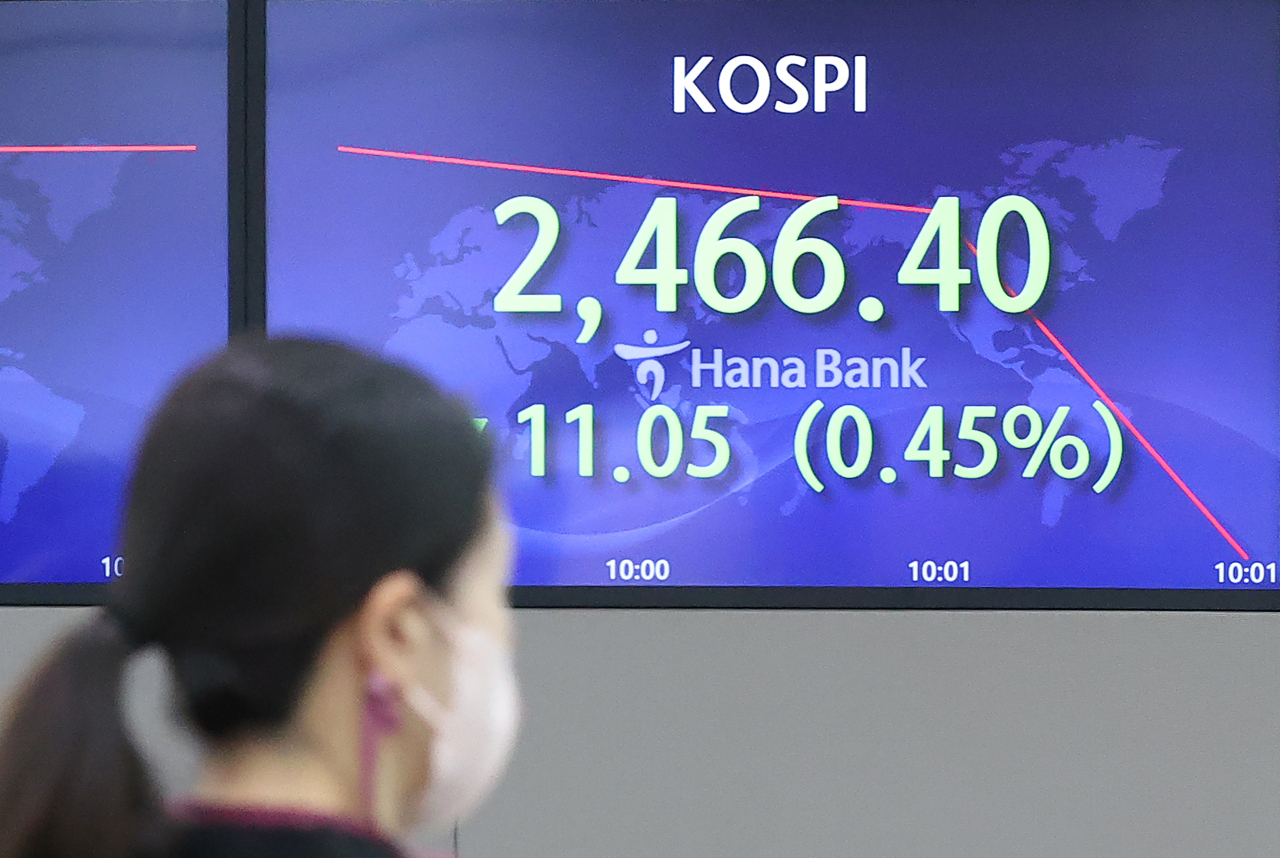On May 27, 2022, the Portuguese Parliament approved the Finance Law for 2022 and significant changes, with effect from January 1, 2023, are planned regarding the taxation of capital gains arising from the sale of shares or other securities, such as equity shares.
According to the rules in force until December 31, 2022, the positive balance of any capital gains or losses on the sale of shares or other securities is subject to personal income tax at the flat rate. by 28%. This is independent of the total amount of other income earned by the person or the period of ownership of the shares or securities.
The provisions which will come into force on 1 January 2023 introduce a sharp increase in the taxation of capital gains where, cumulatively, the individual’s total taxable income, including capital gains, is equal to or greater than €75,009 ($75,902) and the shares or securities were held less than 365 days prior to the sale. In these situations, the positive balance of capital gains and losses will necessarily be taxed by aggregation at the general and progressive rates of personal income tax.
Given that the progressive rates go up to 48% (for taxable income above €75,009) and that a surcharge will also be levied (at the rate of 2.5% for taxable income above €80,000 and 5% for taxable income over €250,000), the overall tax rate in Portugal applicable to such capital gains can reach 53%, which will be the highest tax rate compared to jurisdictions most relevant in the EU.
This measure illustrates once again that the Portuguese tax system aims to heavily tax individuals with higher incomes and, in particular, investors and speculative transactions.
If the increase in taxation has its purpose in a speculative market, Portugal does not grant any exemption or substantial reduction in the taxation of capital gains from the disposal of shares held for the medium or long term. With regard to non-speculative transactions, no special rules are provided for in the tax code.
Several issues were not properly planned when this measure was approved.
On the one hand, the Portuguese capital market will eventually be affected by investors who will need to freeze certain transactions (to reach the 365-day holding threshold).
On the other hand, the new rule risks increasing the taxation of certain capital gains when this was not the intention of the legislator. This will be the case for some stock incentive plans when employees sell company stock in the short term (when they hold the stock or securities for less than 365 days) and the market value of the company has increased significantly.
Therefore, it is safe to conclude that Portugal insists on heavy personal taxation and shows no intention of changing course.












